|
Please welcome our guest blogger today: Amanda. As a parent of three Via Vita students, it's important to her to know and trust her children's teachers. We are just as excited to call her a friend! We're all in this together! Enjoy the read. Thank you, Amanda ,for sharing your thoughts! To be or not to be... That is the question!!
More specifically ...should I become friends with my children's teacher? Not just friendly with them but actually take the time to get to know them on a personal level. Something that once was considered "normal" has in the recent past become something that seems to be very taboo. Years ago families would have teachers over for supper at the end of the day or they would be invited to events in the community (if they weren't already from that area). Parents wanted to know who their child was spending their day with and wanted that person to feel comfortable within the community. For some reason this all changed and now people feel that the relationship between parent and teacher should be strictly professional. Well, I disagree... I have been lucky enough over the years to have some amazing teachers in my children's lives Most of them I have been friends with outside of school as well and I think that our friendship is part of the reason I found these teachers so incredible. Let me explain... These teachers took extra time to get to know me personally so right away they had a better insight as to who my child is and how they tick, what works for my kids and what doesn't. In turn, I knew them better, too. So I knew if they were the type of person I can trust to help me raise my child, because let's face it, teachers spend as much time with our children in a day as their parents do, and sometimes more! I want to know that this person is someone I am comfortable with and if their values and morals are similar to our family's. Not only do I want them to be a good teacher but a good person in general! Another huge benefit that comes with this is the vested interest that they will have in seeing my children succeed, It's just human nature, the closer you are to someone the more you care about helping them succeed in life. On the flip side of that, I will also want to help that teacher out in anyway I can, whatever it takes to make their life easier because, well, that's just what friends do! A teacher is an extended part of your family impacting your children in a huge way EVERY SINGLE DAY. I, myself, don't understand why you wouldn't want to be friends with them. Part of the reason we chose Via Vita is because of the small size of the school and the fact that we will be able to get to know all of the teachers personally, along with the other parents and children attending the school. Each of them will play a role in my children's lives, so it's comforting in knowing, actually knowing, and appreciating who they are. We are all in this together and all looking for the best education for our children. Why not be friends? How lucky am I to already start the year off knowing these teachers personally, having them teach my kids, and call them friends!
0 Comments
Colleen Alexander is our guest blogger today and our garden advisor here at Via Vita Academy! Through her studies in Master Gardening, Colleen shares our passion for growing a new generation of garden-smart, healthy citizens. Stay tuned for her update posts on our garden as our students get growing! Does this sound familiar to you? Eat your veggies! Turn off the TV and go outdoors to play! I wish you would help around the house more often! Why can’t you be kinder to your brother? If you said “Yes!” to one or more of these complaints, then your family might benefit from a garden. Gardens are living laboratories where life lessons come from hands-on experience. They provide a unique opportunity to help children observe, discover, experience, nurture and learn to take responsibility for tasks and outcomes. Think it won’t work for you and your offspring? Then read on! As a life-long gardener, it has been my experience that most youth and virtually all young children become curious and enthusiastic when spending time in the garden tending plants and growing food. And I’m happy to report that there is a growing body of research to prove that I’m right! Studies show that gardening can help improve life-long nutrition, encourage more active lifestyles and build critical life skills in children. Whether it is potatoes grown in bags on a patio or a large one at school, any garden can be an invaluable tool to help your child get off to a great start in life. 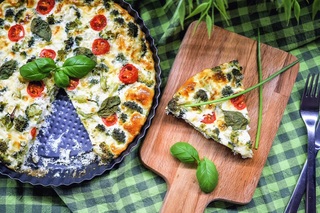 Health and nutrition Children who plant, grow, harvest and prepare fresh vegetables and fruit become excited about the opportunity to eat them. In light of the increased rates of obesity and childhood diabetes, many parents, teachers and policy makers are turning to gardens as an effective way to tackle these challenges. Using a garden to provide enhanced nutrition education is a profoundly engaging and effective way to establish healthy eating habits and food choices. A garden-based nutrition program that includes direct instruction and hands-on activities has been shown to increase children’s understanding of the relationship between food and their health. Start early! Positive eating habits that are established before the 6th grade are more likely to continue into adulthood. 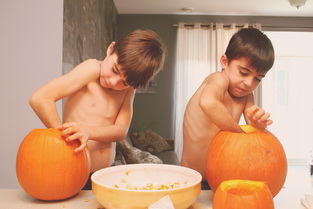 Physical Activity Regular physical activity in children develops strength, bone density and cardiovascular fitness, and helps prevent chronic illness like cancer, Type 2 diabetes and heart disease later in life. Gardening provides a unique opportunity to get kids moving while they learn curriculum based subjects and develop life skills. A 2014 study by Cornell University revealed that learning that takes place in a garden resulted in children who were “significantly more physically active” compared to an indoor class. Further, these children were substantially less sedentary at home and outside school than their peers in conventional learning environments.  Enriched learning Studies have shown that school gardens can improve academic achievement, encourage community and social development, and connect children with global and local issues. Rutgers Cooperative Extension research has also found that students who participate in gardening develop new learning styles and curiosity, critical thinking, informed skepticism, flexibility and open-mindedness. So, what have you got to lose? Introduce your child to gardening. You might be surprised by what you grow! Together ,with Colleen Alexander, teachers, students, friends, and families, Via Vita Academy maintains its own year-round school garden. Planning, planting, growing, harvesting, cooking, preserving, sharing - the school garden is tended to by all of its members and is utilized daily as a valuable learning resource. To learn more about Via Vita Academy, click here.
Please join us in welcoming Alicia DeBaie, our newest teacher and, now, whether she likes it or not, occasional blogger! She is passionate about good education, serious about loving your job and the life you lead. We are a lucky bunch of teachers and families to have such a great individual on board. Enjoy this delightful read, and get to know Alicia a little bit more! An amazing looking loaf of bread made by Ms. Alicia Debaie, Teacher Via Vita Academy I like to bake my own bread.
It’s kind of becoming part of my identity; I’m the girl that makes homemade bread. I get it, it’s not something that a lot of people do anymore. But to me there is just something so satisfying about turning those simple ingredients: flour, yeast, salt, sugar and water, into something as amazing as bread! But making bread is a process, it takes skill, effort, and time. It’s a lot like teaching. Teaching is also a process that takes skill, effort and time. Skill. You might not realize it but baking bread takes skill, knowing what you can change about a recipe and what you can’t is a tricky thing. Some ingredients just have to be there, like flour, yeast and sugar. Just like in a classroom, some subjects just have to be there, like reading, writing and math. But who said you have to use plain old white flour when there are so many options! Here is where the skill comes in, how do you choose? Whole wheat, oat, rye, spelt, the list goes on and on, but will they all work? Can they be combined in different ratios? Are some better than others for particular types of bread? Knowing which flours to use and how to combine them is a skill learned through trial and error. The same goes for the sugar. You could add regular white sugar or you could use maple syrup, honey, molasses or agave. Then there are all the other things you can add! Grains, seeds and nuts – oh the possibilities! The mixing bowl is just like a classroom; textbooks aren’t the only way to teach math. Instead let’s build, measure, draw, model, and discuss! And who said we always have to read those books based on reading levels, there are so many things to read! We can read poetry, short stories, comics, graphic novels, newspapers, magazines, novels, and maybe even a blog or two! But just like with the bread, it takes skill to mix all of these things into the classroom, skills developed through taking chances and trying new things. Effort. Not always, but most of the time you have to put in the effort and knead the bread. There are those no-knead recipes out there and they are pretty great, but with some breads you just have get in there and get your hands dirty. Kneading dough is work, but it is work that I enjoy because you can see and feel the dough change as you work with it. The classroom is the same, sometimes the graphic novels and pattern blocks just mix right in, but often it takes some effort and you have the knead them in. Gathering all those resources and ideas, organizing them in a way that makes sense for kids to learn with them and from them takes effort and planning. So it is work, but again it is work that I enjoy because I get to see that look on a kids face when they figure it out on their own, when they put in the effort. I get to see the satisfaction they feel when they did it all by themselves, and I see the pride they feel when they truly understand because they created their own meaning in the lesson. Time. That loaf of bread needs time to rise. Time to just sit undisturbed and let that yeast work its magic. I need time too, time to clean up, making bread can get messy. As a teacher I also need time, time to reflect. After a lesson, a unit, or even a whole school year I need to reflect. What worked, what didn’t? What did I love, what wasn’t so fun? What do I want to scrap all together? What needs to be tweaked a little bit to hopefully make it work just a bit better for next year? Kids need time too. Time to absorb, digest, and reflect on what they have learned or maybe didn’t learn. Time is a great thing. As the bread spends its time rising the flavours and texture improve. As I spend my time reflecting I become a better teacher. When kids spend time thinking about what and how they learn they come up with new questions and ideas. Maybe tomorrow those questions and ideas will guide our lessons and lead us to some new and exciting learning. There is no such thing as a perfect loaf of bread. Each one is unique, bursting with it’s own successes and potentials. Potentials that spin off into new ideas, recipes, inquiries, and experiences. Just like savouring and learning from each loaf that comes out of the oven, I truly value the moments that build my experience as a teacher. Each student, every moment teaching and learning, every ounce of effort, skill and time, are the ingredients to the most meaningful career I could have chosen, and am lucky that I did. |
Welcome to Our BlogEach post is written by a supportive member of Via Vita Academy, be it a teacher, parent, student, community member, who is invested in the topic of education. Take a read and comment below! Archives
February 2022
Categories
All
|
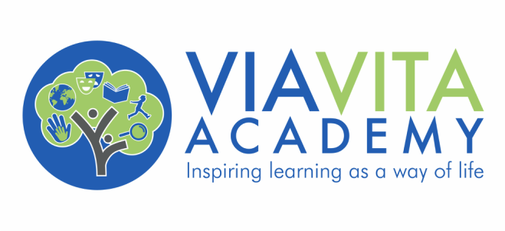
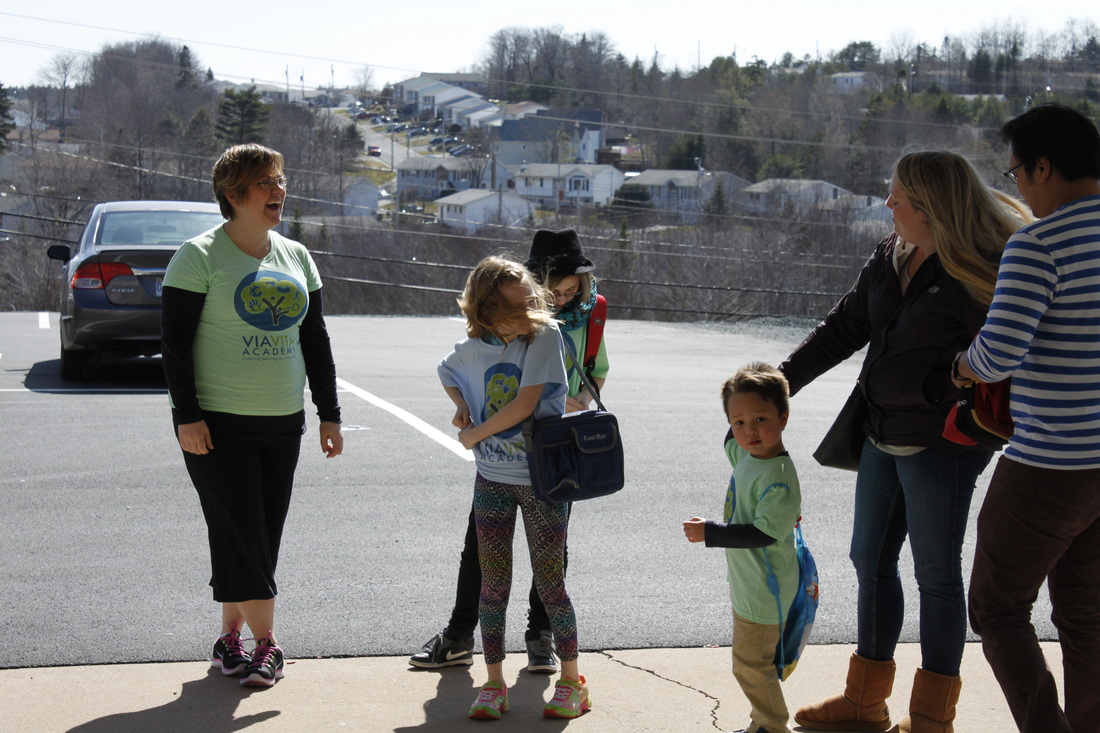
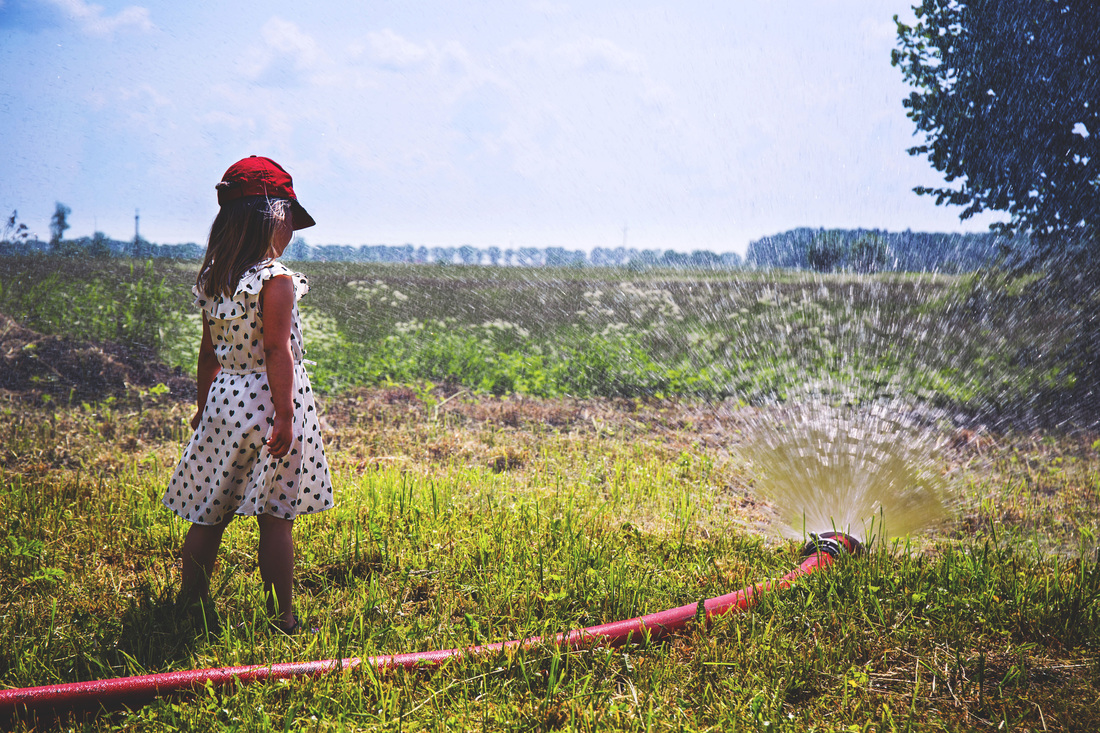
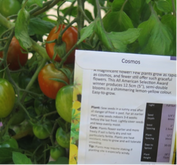
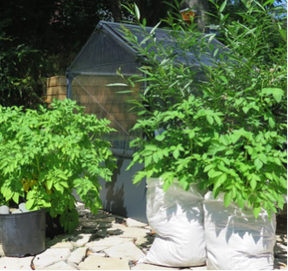
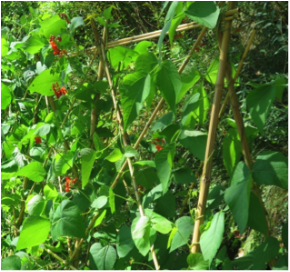
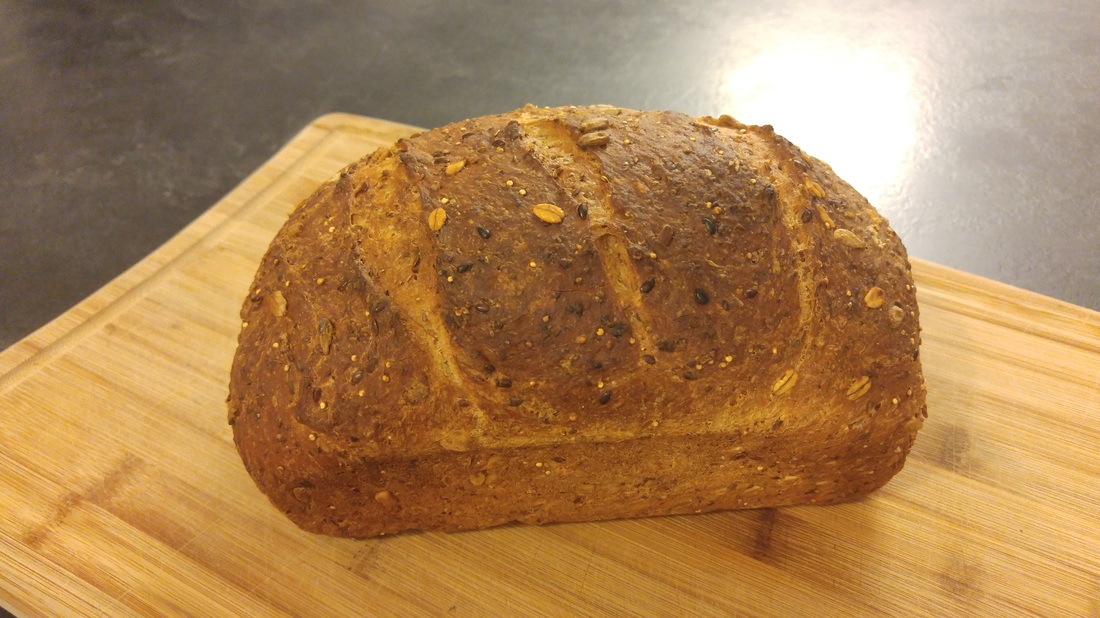
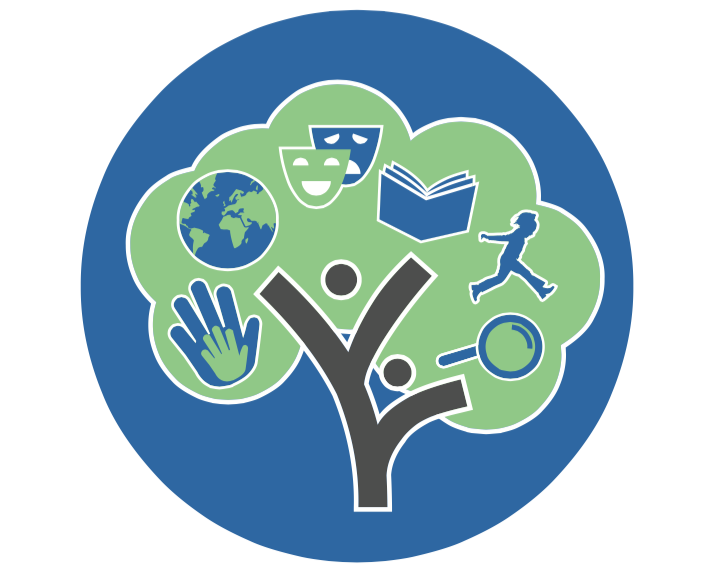
 RSS Feed
RSS Feed